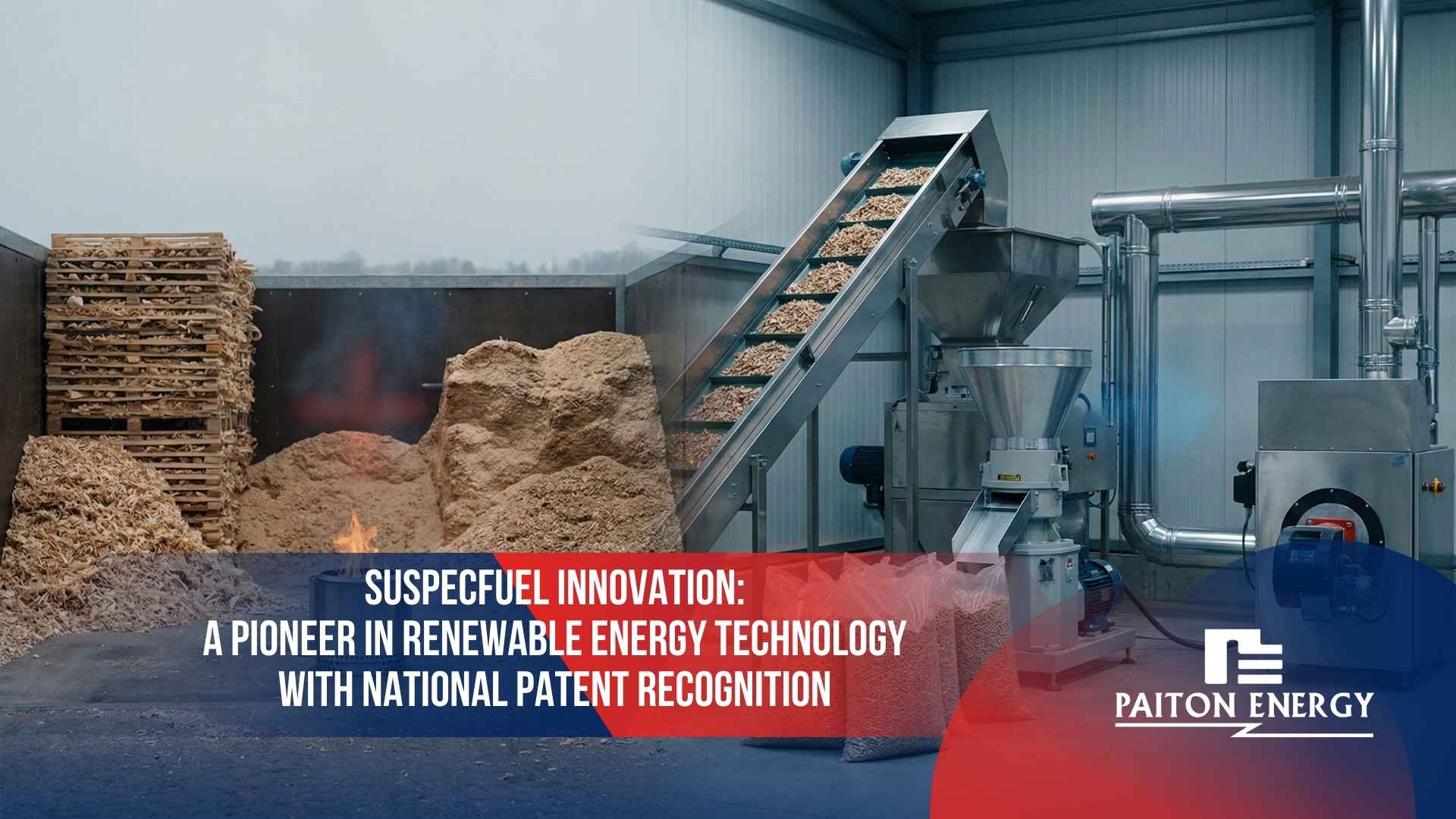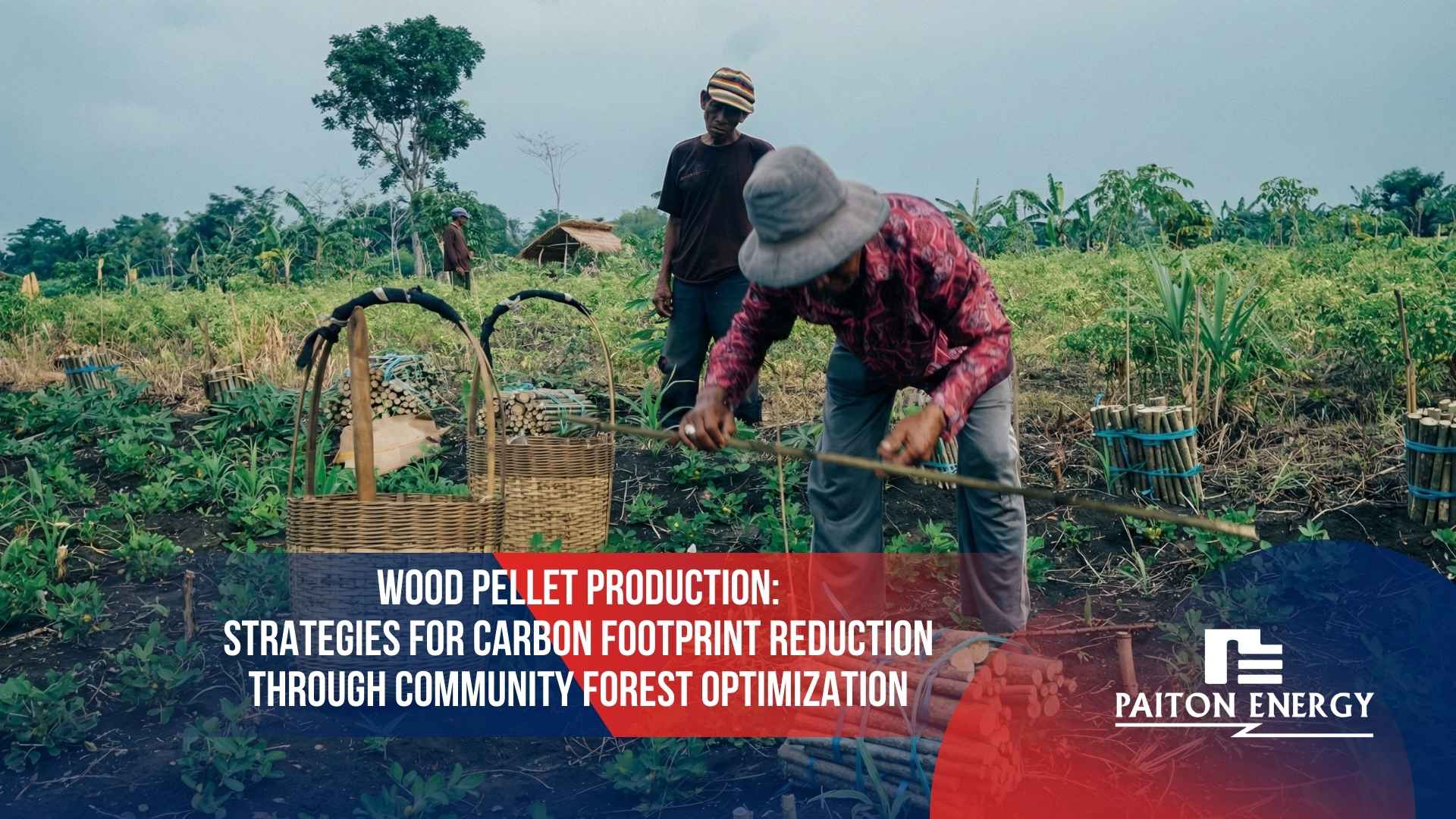In recent decades, environmental issues have increasingly captured global attention. One of the most significant challenges faced today is the rising carbon dioxide (CO2) emissions, which contribute substantially to climate change.
Carbon emissions refer to gases released into the atmosphere due to the combustion of fossil fuels such as coal, oil, and natural gas. To address the adverse effects of these emissions, various strategies and technological innovations have been developed.
These initiatives primarily focus on reducing carbon emissions at their source (carbon emission reduction) and implementing carbon offset programs.
These strategies provide effective solutions to minimize carbon emissions by capturing, transporting, and storing them underground. In Indonesia, Paiton Energy, located in Probolinggo, East Java, has become a pioneer in implementing these carbon mitigation initiatives.
The Importance of Carbon Emission Reduction
Carbon emissions have far-reaching impacts on the environment. Greenhouse gases like CO2 contribute to global warming, polar ice melt, and extreme weather conditions.
These effects threaten not only ecosystems but also human life, including food security, health, and infrastructure stability. Therefore, reducing carbon emissions is a global priority to mitigate the worsening impacts of climate change.
Understanding Carbon Mitigation
Carbon emission mitigation involves efforts to reduce the release of greenhouse gases, particularly carbon dioxide (CO2), into the atmosphere to slow down global climate change. These programs typically include two main approaches: Carbon Emission Reduction and Carbon Offset.
Carbon Emission Reduction focuses on identifying major sources of carbon emissions, such as power plants, industrial processes, transportation, and daily activities. The process involves three main steps:
- Conducting an inventory to pinpoint major sources of carbon emissions.
- Employing efficient, eco-friendly technologies such as renewable energy, electric vehicles, and clean production processes.
- Enacting supportive policies like carbon taxes, vehicle emission standards, and incentives for clean energy investments.
Implementation at Paiton Energy
Paiton Energy has undertaken several initiatives to reduce carbon emissions, including optimizing plant operations and improving equipment efficiency. The company has also conducted some trials in various environmentally friendly technologies, one of which is co-firing—a method that combines biomass with coal during combustion.
In 2024, Paiton Energy successfully increased the biomass proportion to 6% of the total fuel used. This step not only reduced coal consumption but also contributed to cutting carbon emissions by more than 70,000 tons of CO2 annually.
Biomass has lower sulfur content and produces less ash compared to coal, making the combustion process more environmentally friendly.
Additionally, Paiton Energy has implemented various carbon offset initiatives, including:
- Installing a 1 MW solar power plant at the company’s facilities and residential areas.
- Utilizing electric buses for employee transportation.
- Developing micro-hydropower plants in several villages in Probolinggo.
- Supporting reforestation programs, including mangrove and community forest planting.
The Future Benefits of Carbon Reduction Initiatives at Paiton
Through its carbon emission mitigation initiatives, Paiton Energy, a fossil fuel-based power plant, is transforming into a more sustainable energy provider. The adoption of co-firing with biomass not only offers a solution for emission reduction but also aligns with Indonesia’s transition toward cleaner energy sources.
This project demonstrates that coal-fired power plants, inherently emission-intensive, can integrate eco-friendly technologies to minimize their environmental impact.
Furthermore, Paiton Energy contributes to Indonesia’s national target of achieving Net Zero Emissions by 2060. By reducing dependence on fossil fuels and increasing the share of renewable energy, Paiton Energy plays a pivotal role in supporting sustainable energy development in Indonesia.
Impact on Carbon Emission Reduction in Indonesia’s Energy Sector
The energy sector in Indonesia is one of the largest contributors to carbon emissions. Thus, carbon mitigation initiatives implemented by Paiton Energy have the potential to significantly reduce the carbon footprint of this sector.
By decreasing coal consumption through biomass utilization, Paiton Energy not only helps to cut greenhouse gas emissions but also accelerates the transition to cleaner and more sustainable energy.
Paiton Energy exemplifies how a fossil fuel-based power plant can evolve into an environmentally friendly operation with the right technologies. Through its carbon emission mitigation efforts, Paiton Energy is not only fulfilling electricity demands but also supporting a cleaner and more sustainable energy transition.
These initiatives serve as a model for other power plants to minimize their climate change impact and contribute to Indonesia’s Net Zero Emissions target by 2060.
By taking these steps, Paiton Energy is more than just an energy provider—it becomes part of the solution for a greener and more sustainable future.




